|
With education campaigns and the advent of affirmative consent laws in a number of states and territories, sexual consent has been a topical issue in Australia over recent years. And rightly so – incidents of sexual abuse and sexual violence happen all too frequentlly. Focusing on consent between partners is one way we can work to change things.
Andrea Waling and her colleagues at La Trobe University’s Australian Research Centre in Sex, Health and Society wanted to know how consent education is translating into real-life situations. They spoke with young adults about their understanding of consent, and how it actually fits into their sexual encounters. The young men and women they talked to largely had a good understanding of the requirements of affirmative consent. But they described challenges in putting it into practice in intimate situations. For example, some felt being asked for consent in the heat of the moment could “kill the vibe”.
Waling and her colleagues note their findings don’t imply sexual consent education isn’t effective. Rather, they suggest there’s still work to do to bridge the gap between what people know and how they apply this knowledge.
“Sexual encounters often involve intricate layers of emotion and experience, influenced by culture, religion, and other factors, with elements like shame, pleasure, joy, uncertainty, fear and anxiety,” they write. “Understanding the complex variables that inform decision-making in these contexts is crucial for creating educational resources that help people navigate sexual consent in different situations.”
|

|
Phoebe Roth
Deputy Health Editor
|
|
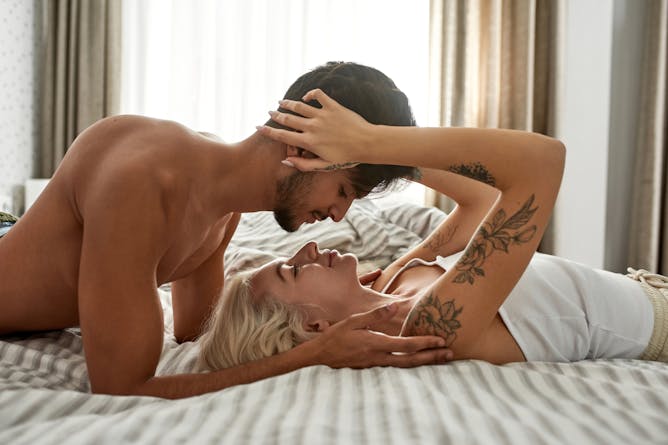
Andrea Waling, La Trobe University; Alexandra James, La Trobe University; Lily Moor, La Trobe University
In a new study, we spoke to young adults about navigating sexual consent during sexual encounters. Here’s what they told us.
|
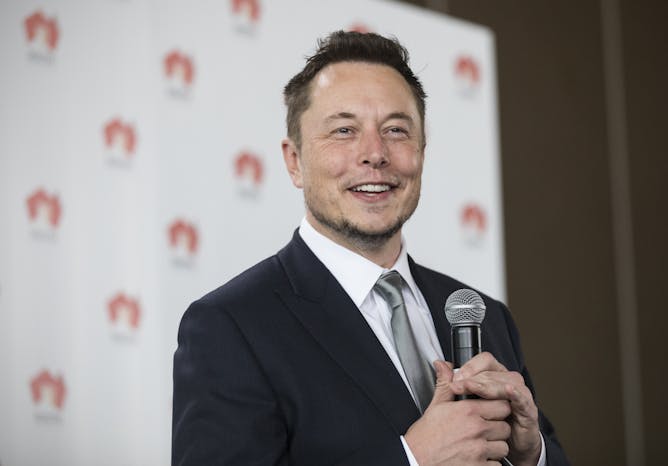
Michelle Grattan, University of Canberra
In the court of public opinion, Anthony Albanese’s rejection of the up-yours attitude of the man he labels an arrogant egotistical billionaire is Likely to resonate with many Australians.
|
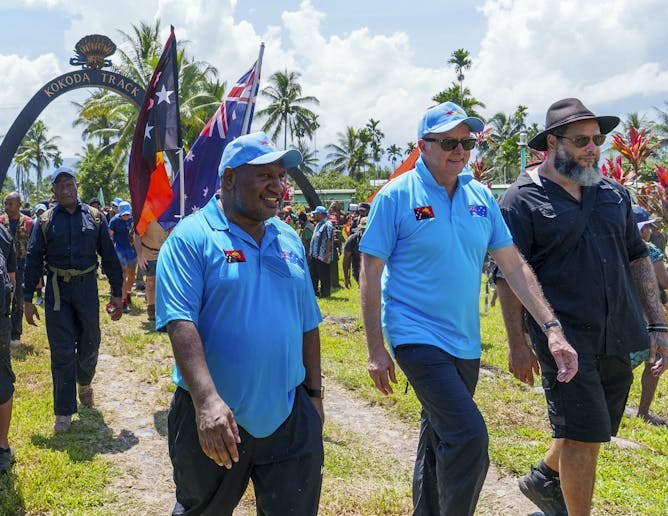
Ian Kemish, The University of Queensland
PNG naturally has its own understanding of history, as well as today’s security environment. But we shouldn’t underestimate the importance of the second world war to the PNG-Australia relationship.
|

Timothy Colin Bednall, Swinburne University of Technology
Checking references has long been a part of the hiring process but it should only ever be one of a series of steps taken to assess someone’s qualifications.
|
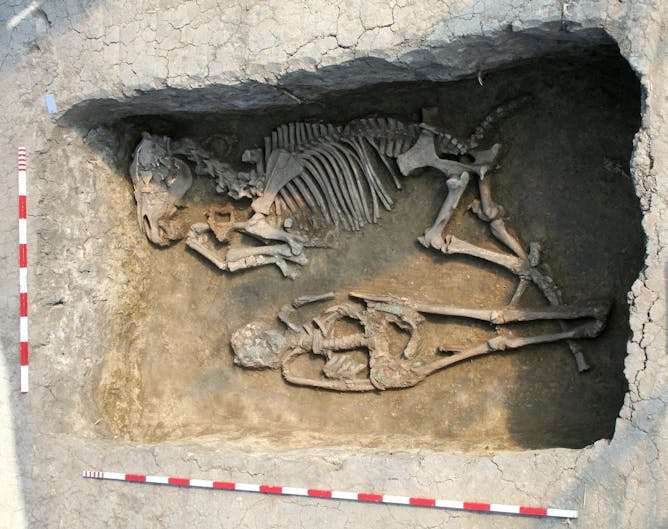
Magdalena M.E. Bunbury, James Cook University; Guido Alberto Gnecchi-Ruscone, Max Planck Institute for Evolutionary Anthropology
The Avars dominated southeastern central Europe for hundreds of years, leaving one of the richest archaeological heritages in Europe. Now scientists are using DNA to reveal details of their societies.
|
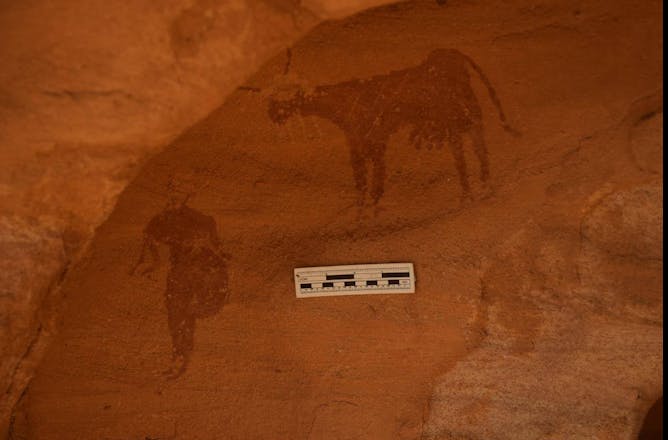
Julien Cooper, Macquarie University
The theme of cattle in ancient rock art is one of most important pieces of evidence for a bygone age of the “green Sahara”.
|

Sharon Robinson, University of Wollongong; Laura Revell, University of Canterbury; Rachele Ossola, Colorado State University
Four years of persistent ozone holes have sparked concern about what more UV is doing to Antarctic ecosystems.
|

Emma Shortis, RMIT University
Project 2025 is iconoclastic and dystopian. Those who wish to understand Trump and the movement behind him, and the active threat they pose to American democracy, are obliged to take it seriously.
|
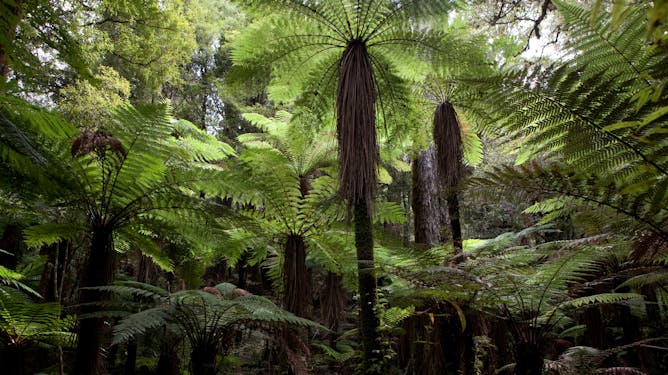
Viktoria Kahui, University of Otago
The rights-of-nature movement emerged as a response to economic pressures on ecosystems. But the success of projects depends on how well legal liability is defined.
|
Environment + Energy
|
-
Kathryn Willis, CSIRO; Britta Denise Hardesty, CSIRO; Katie Conlon, Ph.D., Portland State University; Win Cowger, University of California, Riverside
The more plastic, the more waste we produce. It sounds simple, but this discovery could help us find ways of ending plastic pollution.
|
|
| |
|
|
|
The Conversation AU
Melbourne VIC, Australia
•
Full Time
|

|
|
|
|
| |
| |
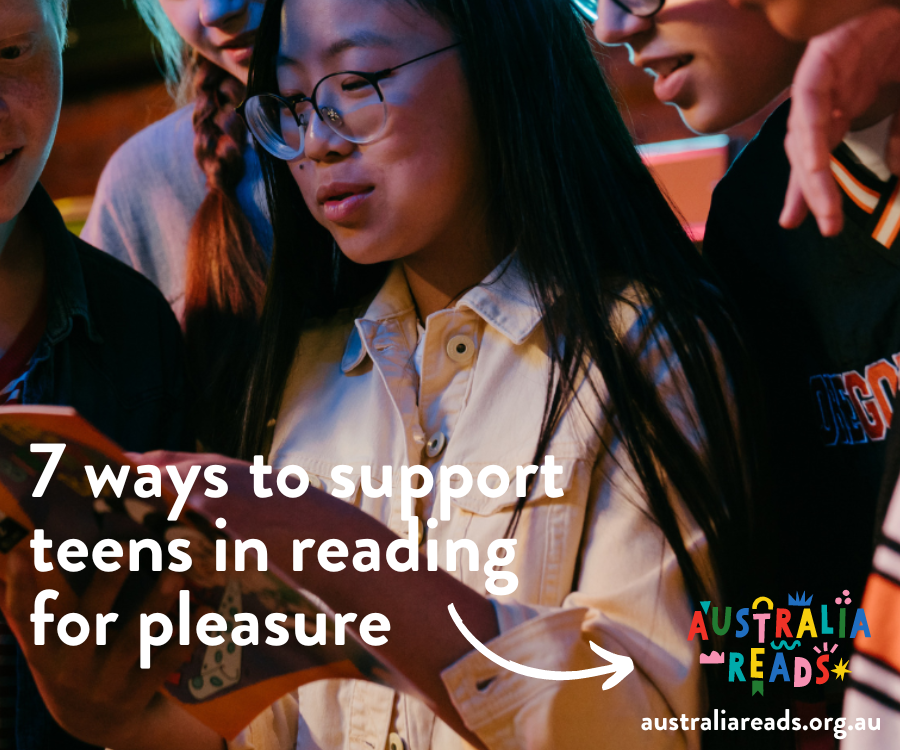
|
| |
| |
| |
Featured Events, Courses & Podcasts
|
View all
|
|
|
|
| |
| |
| |
| |
| |
|
|